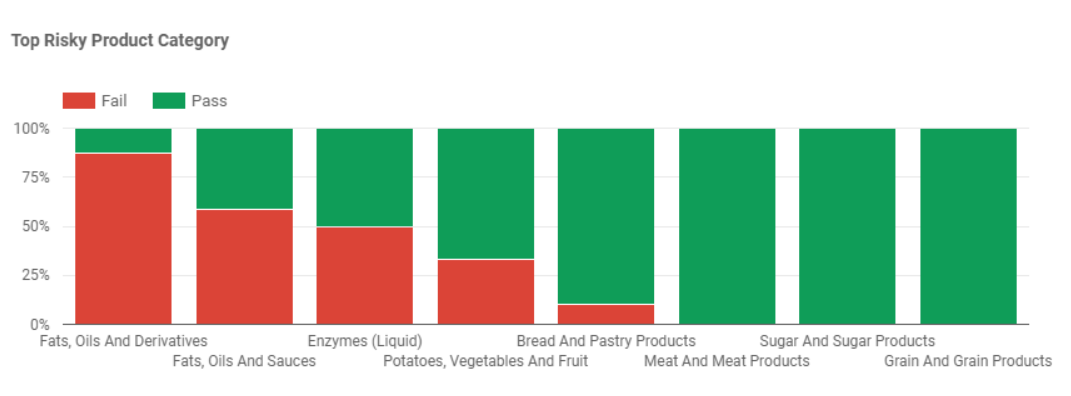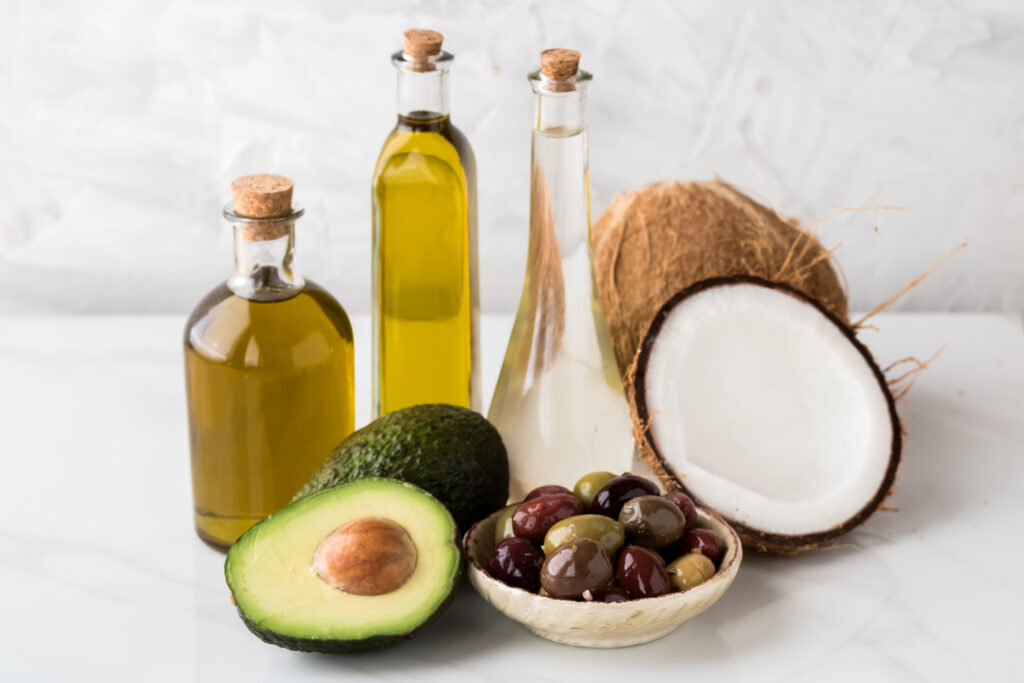3-Monochloropropanediol (3-MCPD) is an unpreferred substance that may arise from natural ingredients during the production and processing of foods. It is advisable to minimize dietary intake of this substance as much as possible.
Hydrolyzed vegetable proteins, such as soy sauce, are the primary sources of free 3-MCPD and free 2-MCPD. Additionally, MCPD fatty acid esters and glycidyl fatty acid esters can be formed when vegetable fats and oils undergo high-temperature processes, like refining. The fatty acid esters are most concentrated in palm oils and palm fats, but they can also be found in other vegetable oils and fats such as coconut oil/fat, walnut oil, sunflower oil, soybean oil, canola oil, and margarine.
The recent contaminant regulation (EU) 2023/915, effective from May 25th, 2023, has brought about adjustments to the limits of processing contaminants including Polycyclic aromatic hydrocarbon (PAHs), 3-monochloropropane-1,2-diol (3-MCPD), Sum of 3-monochloropropanediol (3-MCPD) and 3-MCPD fatty acid esters (expressed as 3-MCPD), and Glycidyl fatty acid esters (expressed as glycidol).
Based on our analysis using SGS DIGICOMPLY Early Warning Risk Monitoring, we have identified a potential concern regarding the presence of 3-MCPD and its derivatives in food.This finding is a result of analyzing our incident data and the insights obtained from the SGS laboratory test results. The incident data clearly indicate a significant and growing trend.

Upon reviewing the results of the laboratory analyses, it becomes evident that over 80% of the fat and oil samples are not meeting the required standards. This is closely followed by sauces e.g. soy sauce.

Moreover, the occurrence of 3-MCPD in food has generated extensive discourse in the media. Various news outlets and health professionals are thoroughly examining the potential hazards linked to this compound and its derivatives.
🚨 Update August 30, 2023
We previously provided information about 3-Monochloropropanediol (3-MCPD) a few weeks ago. This topic has once again gained attention in the media, with 3-MCPD being detected in fish fingers.
The recent findings have raised concerns about the safety of consuming fish fingers, as 11 out of the 19 samples tested showed increased levels of 3-MCPD fatty acid esters and glycidiyl fatty acid esters. These substances, which can arise from natural ingredients during food production and processing, should be minimized in our diets
Conclusion:
SGS DIGICOMPLY is your ultimate tool for staying ahead in the ever-changing landscape of food safety regulations. With its advanced early warning risk monitoring system, you can detect potential triggers, such as the presence of 3-MCPD and its derivatives, as early as possible. By providing you with real-time updates and comprehensive analysis, DIGICOMPLY ensures that you are always up-to-date with the latest information.





.webp?width=1644&height=1254&name=Food%20Safety%20Dashboard%201%20(1).webp)
